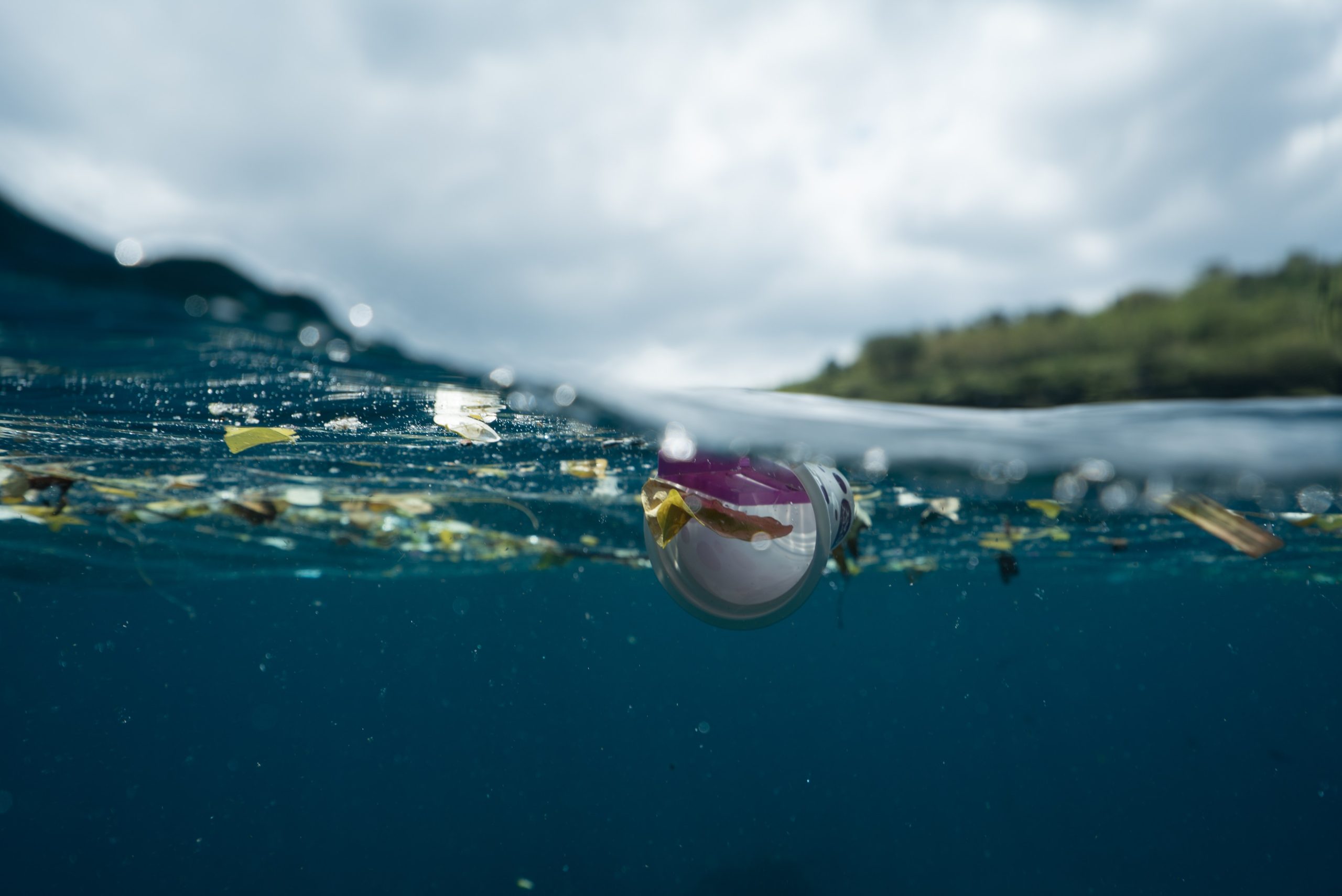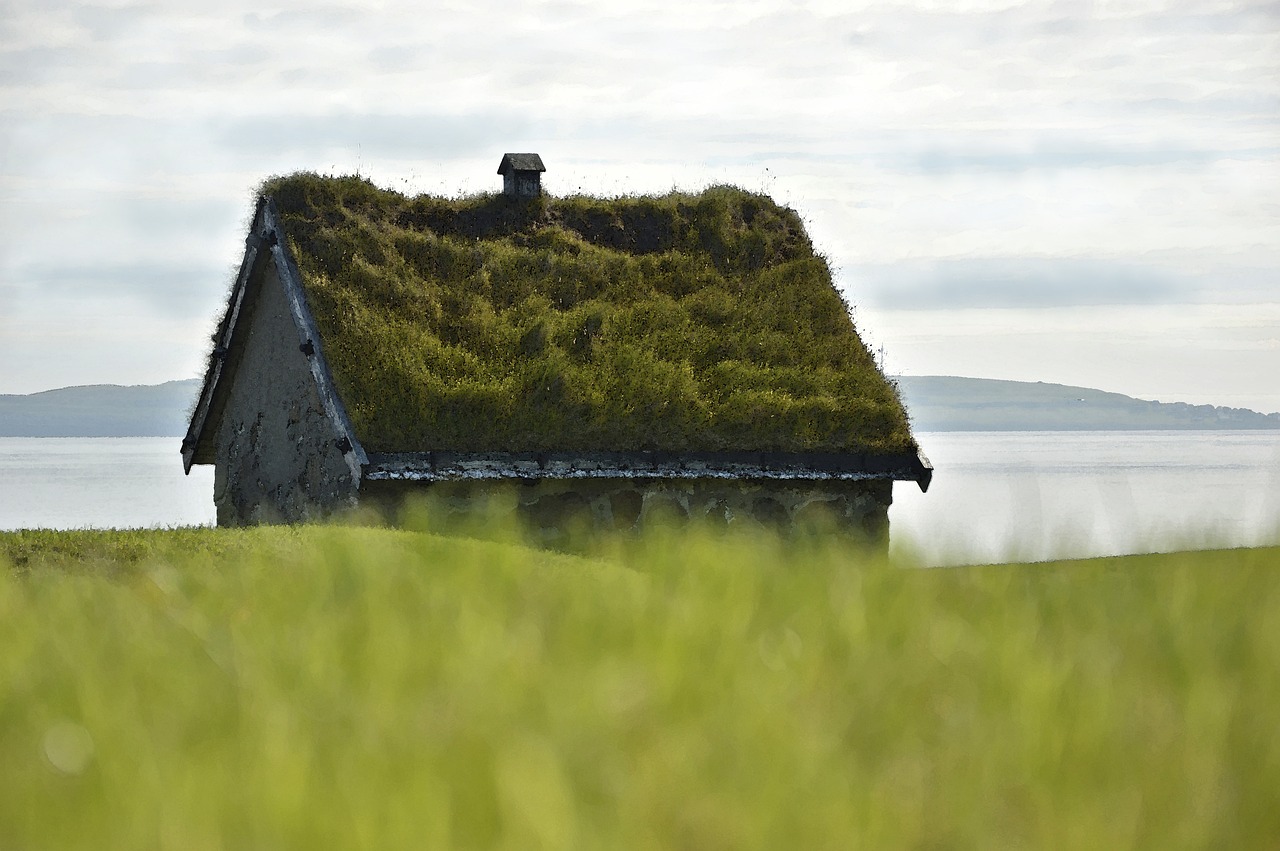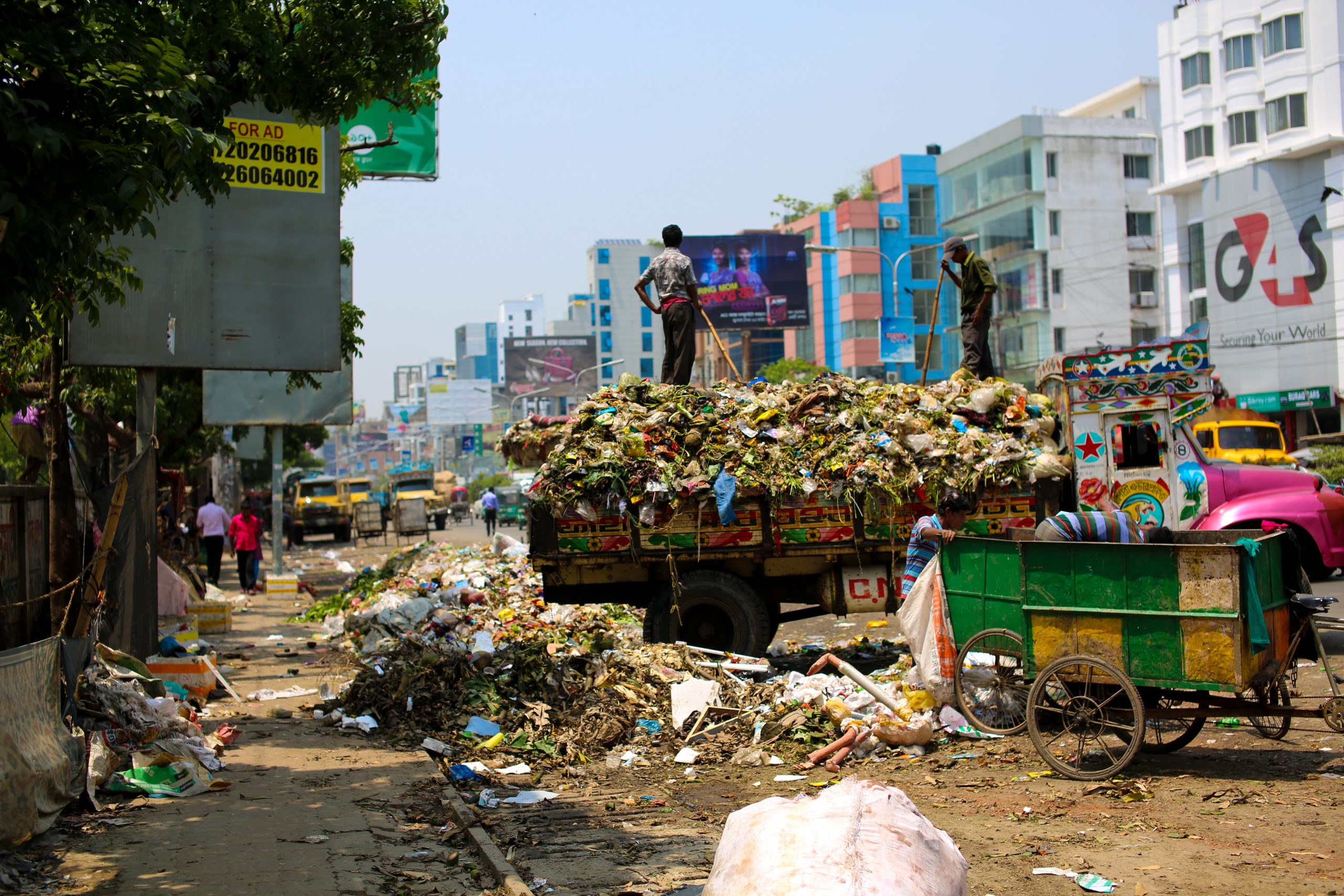Water is the most abundant and one of the most important natural resources on the planet. it provides a wide range of goods and services ranging from the ecosystem to agricultural, and household services. Water pollution and its effects on the ecosystem is a priority topic and that’s why this article, will dwell on the causes of pollution and their effects on the ecosystem.
What is Water pollution?
Let us start by understanding what pollution is. Pollution is the introduction of harmful materials into the environment. Water pollution, therefore, occurs when harmful substances- often chemicals and microorganisms- contaminate a river, stream, lake, ocean, aquifer, or any other water body, degrading its quality and rendering it toxic to both plants and animals.
Causes of Water Pollution
The first question that should linger in our minds is why water is uniquely vulnerable to pollution. Let me take you back to some basic Chemistry classes for a better understanding of the vulnerability of water to pollution. Water is a universal solvent, giving it the ability to dissolve more substances than any other liquid on earth. This is the reason why you can enjoy your favorite Fanta drink as you watch waterfalls.
Unfortunately, this unique property of water comes with a challenge, it makes water easily polluted since it can dissolve almost all substances.
Types of Water Pollution
Waste Water and Sewerage
Wastewater is used water that we often get from our showers, sinks, laundries, and agricultural/Industrial firms. The term is also not limited to Surface runoffs by the roadside.
Not that wastewater is bad since it can be treated to be recycled or reused for different purposes, but unfortunately, according to the United Nations, in least-developed countries, 95 percent of wastewater still finds its way back to the environment untreated, posing health hazards to animals and plants. Wastewater from our households and industries contains loads of organic matter and nutrients, these contents have a tremendous effect on aquatic life when released into waterways. For example, excess nutrients such as phosphorous and nitrogen lead to an overgrowth of algae and other plants, and in the process of the growth, the available oxygen is used up which in turn makes the aquatic environment anoxic.
Agricultural Sector
The leading cause of water degradation is agriculture. Major and subsistence farms depend on fertilizers and pesticides to realize more yields. However, when it rains, the fertilizers, pesticides and animal wastes from the farms are washed down the water bodies. Just like wastewater and sewages, they also contain nutrients that are responsible for poor water quality and also algal blooms that are toxic.
Oil Spills
Seas and large water bodies provide a better transport system for oil tankers due to their ability to support bulky goods. On the flip side, whenever oil spills into water, it contaminates not only the area of the spill but also covers a larger area posing risk to biodiversity. The effects of oil spills are felt even decades after they occur. They cause reduced growth in adult fish, enlarged livers, change in heart and respiration rate, fin erosion, reproduction impairment and eventually death due to suffocation.
Radioactive Substances
These substances affect mostly groundwater, surface water and marine resources when they are accidentally released or improperly disposed of.
Radioactive waste is any pollution that emits radiation beyond what is naturally released by the environment. They are generated by the mining of uranium, and nuclear plants as well as the production and testing of military weapons.
Effects of Water Pollution
- Contaminated Water is unsafe for human consumption. It harbors pathogens and microorganisms that cause different water-borne diseases in humans.
- Algal bloom which results from excess nutrients in water reduces the amount of dissolved Oxygen in water, complicating the lives of sea creatures
- Chemicals and heavy metals that find their way into the waterways are toxic contaminants to aquatic life since they reduce the organisms’ lifespan and ability to reproduce.
- The Marine debris strangles, suffocates and starves animals. Debris can be in form of plastic bags that find their way into the sea.
For a better living, we have to reconsider on how we dispose of our wastes and also adopt the best water recycling methods and agricultural practices. In our next article, we will discuss about polluted water treatement.
Related links;








One thought on “Water Pollution and Ecosystem”